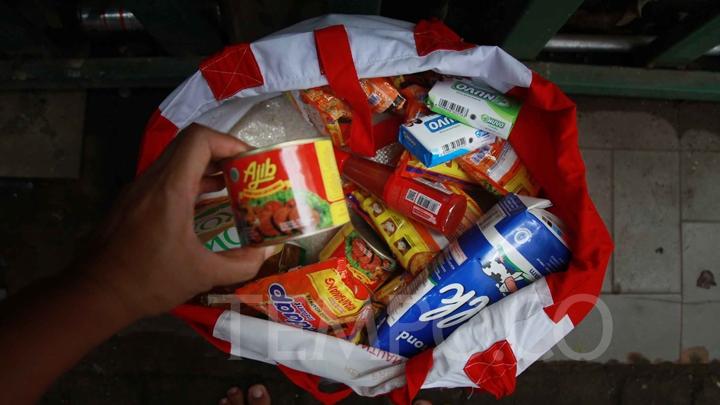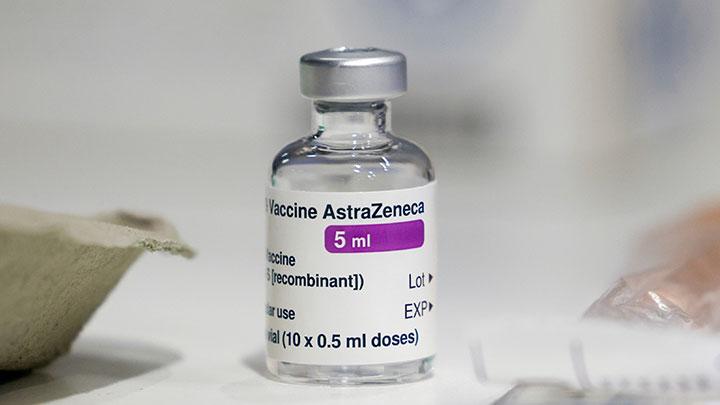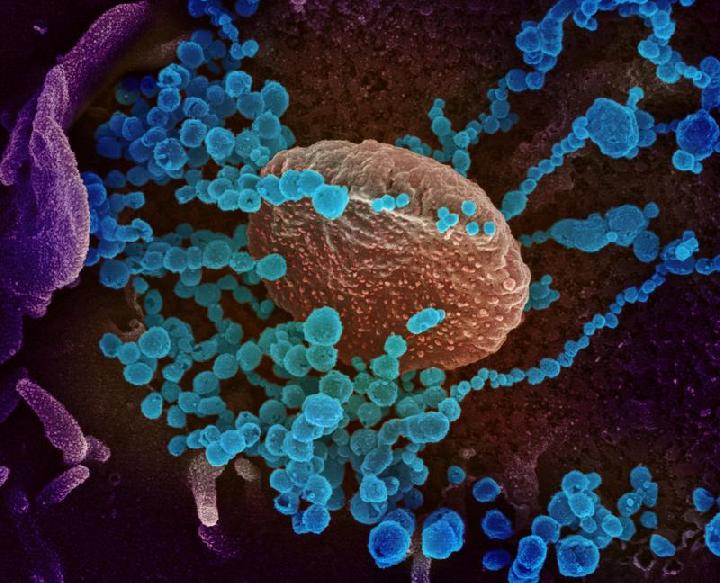Moving Targets
Translator
Tempo.co
Editor
Laila Afifa
Jumat, 8 Mei 2020 07:31 WIB

TEMPO.CO, Jakarta - In this time of the Covid-19 pandemic, social assistance from the government can be a lifeline for millions of people affected.
UNFORTUNATELY, poor data management in the last few years has led to the emergency Social Security program launched by President Joko Widodo falling apart on the ground.
The chaotic government policies regarding social assistance for those afflicted by this health disaster were perhaps best reflected in the complaint by the East Bolaang Mongondow Regent Sehan Salim Landjar. A video of Sehan angrily criticizing the overlapping aid distribution programs for those affected by the Covid-19 pandemic went viral on social media last week. In the video, Sehan was highly critical because of decisions taken by ministers that made it more difficult for assistance to reach the most in need of it.
As well as East Bolaang Mongondow, North Sulawesi, horror stories about the chaotic distribution of aid have come from many places around Indonesia. In Pekanbaru, Riau, neighborhood leaders rejected the assistance because people were removed from the lists that they submitted for no apparent reason. Conversely, in Bogor, West Java, dozens of well-off people received cash assistance. Incidents like this are all a result of the chaotic state of the system of registering people impoverished as a result of the corona pandemic.
The government has allocated sufficient funds for poor people and those struck by Covid-19. The central government is providing four types of regular social assistance, including the Family Hope program, totaling Rp37.4 trillion for 10 million families, and staple food packages worth Rp43.6 trillion for 20 million families.
As well as this, the government has reallocated 35 percent of the total village funds for this year, totaling Rp72 trillion, for direct cash assistance. There are also special social assistance programs for regions most severely affected by the Covid-19 pandemic. This social assistance is provided in the form of cash and staple food packets.
It is truly regrettable that funds of this size are not reaching the targeted people, and are not even reaching those who need them most. In the short term, President Jokowi must order his subordinates to improve the most fundamental aspect of social assistance payments: accurate demographic data.
They have long been calls for urgent improvements. In 2019, The Supreme Audit Agency (BPK) asked the government to improve the Family Hope program after discovering Rp168.2 billion that had not been disbursed in the previous year. The BPK also uncovered social assistance payments to 7,247 families that had not reached their targets.
In the same year, The Republic of Indonesia Ombudsman announced similar findings. It found maladministration in the implementation of the Family Hope program because the social affairs ministry and the Association of State-Owned Banks, the two institutions appointed to pay out the assistance, were late in responding to complaints from the regions.
All of these recommendations for improvements were not anticipated in advance. This chronic incompetence shows there are serious problems with governance. Now, at the peak of the pandemic, the people are having to pay a heavy price for the failure of the government to respond to inputs from oversight agencies.
Now there is no choice. The government must act quickly to correct the demographic data to ensure that payments of social assistance are effective and reach the right targets. The relevant ministries and agencies must actively verify the data for assistance recipients. People who have not received assistance need to be registered so they can be helped. The seriousness of this disaster must not be used as an excuse to allow the malpractices of the past to happen again.
Besides the data issues, the types and methods of assistance must be reexamined. It is time the government abandoned the primitive practice of providing assistance in the form of goods and staple foods. Considerable research has proved the effectiveness of direct cash assistance to those struck by crises. The recipients can decide for themselves what they need to survive. Furthermore, local market traders in the regions will also benefit financially.
Moreover, experience has shown that handing out goods and staple foods can also invite corruption and conflicts of interest. Mass purchases of foods by the government could benefit a small number of businesspeople close to those in power.
Finally, the government must ensure that there is no politicization in the provision of aid. The state is experiencing a disaster. It would be unseemly if the provision of social assistance was marked by efforts by politicians to improve their image.
Read the Complete Story in this Week's Edition of Tempo English Magazine




















